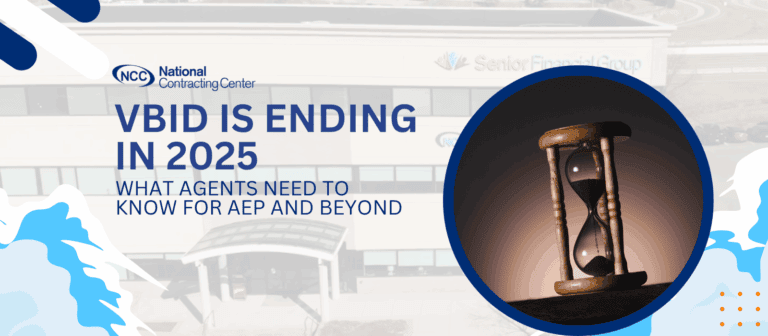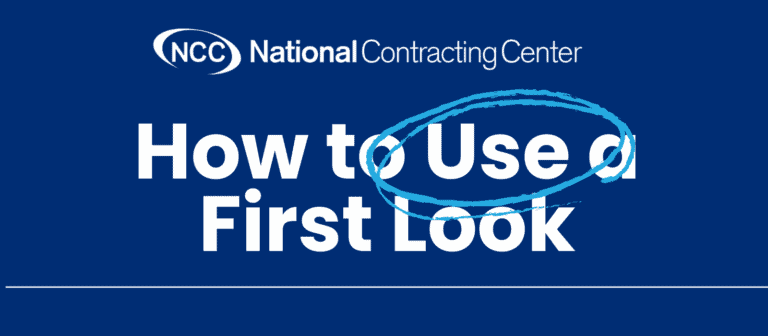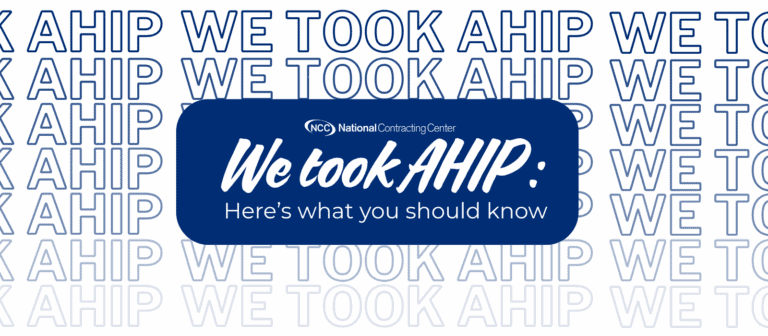You’ve read all the materials, completed training from carriers on remote and telephonic sales, and you’re ready to start selling in a COVID-19 world, but do your prospects know that? More importantly, do they know how to tell your valid Medicare sales services from the many scammers currently trying to take advantage of them?
People are turning to local media for their news more often these days. Digital subscriptions to newspapers have been rising since the pandemic started, with consumers looking for relevant information about coronavirus from their hometown and nearby metropolitan newspapers. That means a larger readership for local press releases, which creates an opportunity for you.
We’ve put together a press release template for Medicare agents. Customize it with your personal information and submit it to your local media to let seniors in your area know how to avoid Medicare scams, and that you’re still available to help them get the coverage they need.
Using the Template
Before sending your release, you’ll want to customize it. We’ve marked the areas to be edited with brackets. Replace the bracketed sections with your own information, and make sure to remove the brackets.
Next, you’ll want to distribute your press release. You can use a distribution service for this, or you can email your release to media outlets yourself. For detailed instructions on sending to local media, check out our guide to Marketing Insurance with Press Releases.
Some important notes from the guide:
- The press release text should go in the body of the email. You should never email a press release as an attachment, and should not include other attachments, either. If you’d like to offer a photo or other materials, place those online and provide a link within your email.
- Never send a press release to more than one email address at a time. Sending to an entire list at once may seem like the quickest way to get your release sent, but it’s actually the quickest way to get your releases blacklisted.
COVID-19 Press Release Template for Medicare Agents
Email Subject Line:
FOR IMMEDIATE RELEASE – Remote Medicare Enrollment and Avoiding Scams
Email Body:
[Your Name or Agency Name][Your Business Phone Number][Your Email Address][Your Website Address] [City, State, Month, Day] – COVID-19 has hit the senior community harder than any other, not just in terms of illness, but in increased fraud. Scammers are using fears about coronavirus to obtain personal information, often under the guise of enrolling seniors in Medicare and related insurance policies.
Remote enrollment is currently available in [City], with local agents offering online and telephonic options. To enroll safely and avoid scams, [Your Name or Agency Name] recommends knowing the ways a licensed agent and a scammer will behave differently.
- Medicare agents are required to obtain a Scope of Appointment before discussing Medicare Advantage and Prescription Drug Plan policies with you. This form will list types of insurance coverage you would like to discuss with the agent, and you will be asked to sign and date the form to confirm that you’ve agreed to discuss these policies. A licensed agent will only start a presentation once they have your signed Scope of Appointment. If someone is trying to sell you Medicare Advantage or Prescription Drug Plans without a Scope of Appointment, or if you are asked for personal information like your social security number to sign up for these policies without being given a sales presentation, chances are you are dealing with a scammer.
- Your sales presentation should only cover the types of insurance you agreed to discuss in your Scope of Appointment. If you’ve agreed to discuss Medicare Advantage but not Prescription Drug Plans and the agent attempts to sell you a Prescription Drug Plan without asking for another Scope of Appointment, they are in violation of Medicare’s policies.
- A licensed agent has relationships with insurance companies and will offer you brochures and materials directly from those companies. Anyone wanting to simply tell you about policies who isn’t willing to give, mail, or email you any materials from the insurance company shouldn’t be trusted.
- Fraudulent Medicare calls can come from any location, so the best way to ensure you’re dealing with a licensed insurance agent and not a scammer is to work with someone located here in [City].
Scammers plague society in a variety of ways, often creating risk out of something that should bring security, but seniors can still get insured safely as long as they watch for the warning signs.
[Boilerplate Section: Add a couple of general sentences about you/your business here. You can include your business type, mission statement, the year your business was founded, or other relevant information. For a more detailed explanation, there’s a great article here on writing a boilerplate for your press releases.]





